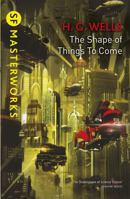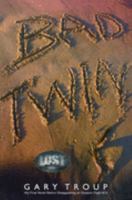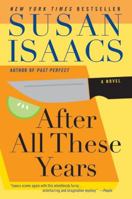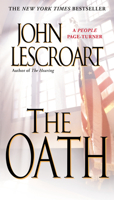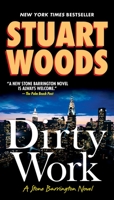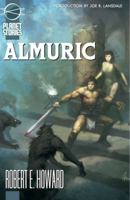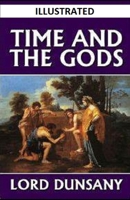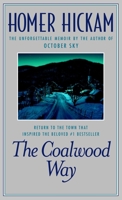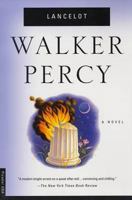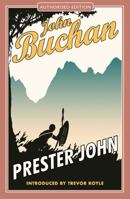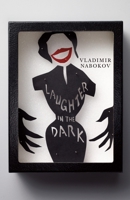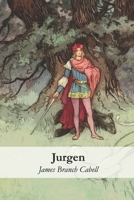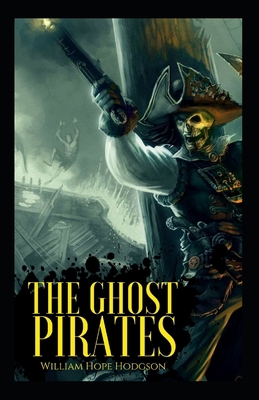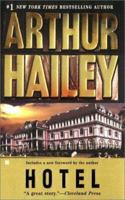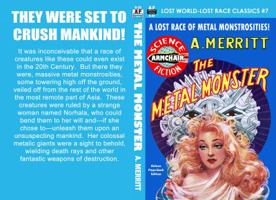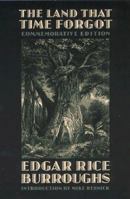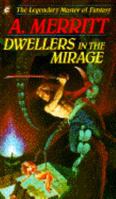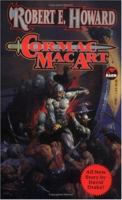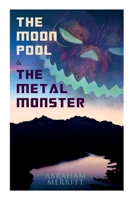You Might Also Enjoy
Book Overview
Customer Reviews
Rated 5 stars"supernal chord"
The following comments and observations are directed towards individuals who are curious about author Abraham Merritt or who are contemplating reading the Moon Pool. This title, a fantasy novel, was first published in 1919. The story line, farfetched as it is, is easy to summarize: good and evil fantasy beings and their followers live in caverns far underground that can only be entered through mysterious ancient ruins located...
0Report
Rated 4 starsclassic, influential sci-fi reissued
One of the most popular science-fiction writers in the early 1900s, Merritt had the reputation of the Lord of Fantasy. "The Moon Pool" evidences the "baroque complexities that Merritt introduced into his fairly standard plots through his use of elaborately contrived creatures, technologies, and settings," as the editor Levy remarks in his Introduction. The Dweller reawakened on the island of Ponape where an ancient civilization...
2Report
Rated 4 starsMerritt at his finest
This novel sags in the middle with what appears to be padded material to lengthen it out, but the beginning and ending chapters are breathtaking fantasy in a beautiful style. Merritt was a genius and one should simply ignore the padding and enjoy the brilliant parts.
0Report
Rated 5 starsStill a Classic
I gave this five stars because it deserved it. It's still a classic and still a lot of fun to read. However, readers be warned. You must remember it was written in 1919. Stereotypes abound. Women are voluptous, wear very little clothing and are either totally good or totally evil. If you can make allowances for all that, then it's a thoroughly enjoyable romp and the author's imagination is stunning. Today, he would...
0Report
Rated 4 starsgreat imaginative fantasy from the time before the world had
abraham merritt: a great writer from the age before the far corners of the world had been explored. when there was still a sense of innocence about what the world contained. it is gone now that we have investigated the whole world. there are no strange islands in the south pacific; no metal monsters in outer mongolia; no bridges to valhalla above the artic circle in scandinavia. there are times when knowing too much...
0Report














